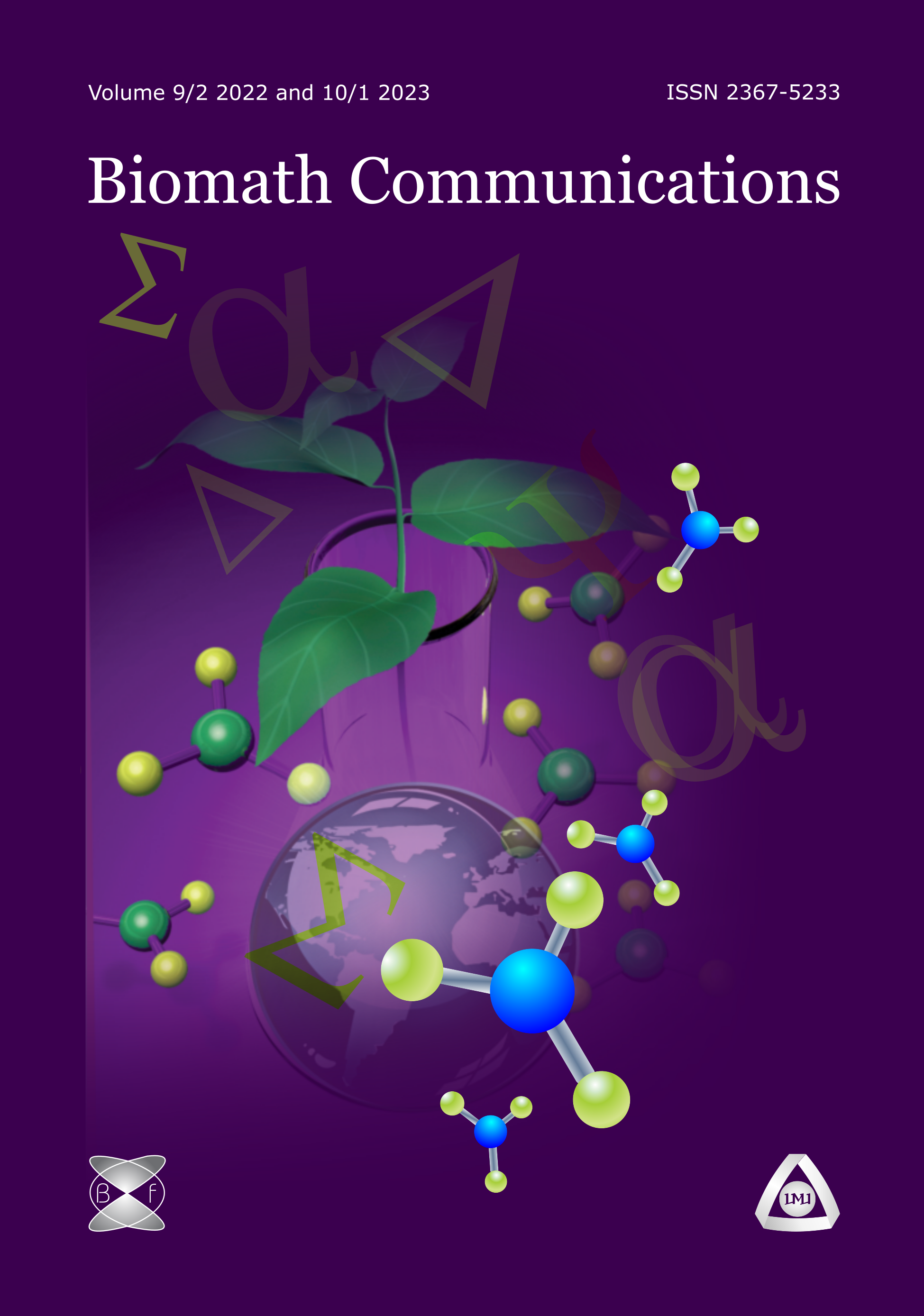Reading the Antibody Repertoires
DOI:
https://doi.org/10.11145/cb.v3i1.678Abstract
Previous work has shown that peptide libraries in microarray format can efficiently probe the antibody repertoire dynamics as a source of information about the internal environment of the organism [1-2]. The rationale for using the immune system as a natural biosensor is based on the weak autoreactivity of the repertoires (mostly of the IgM), the integration of specific and non-specific signals of danger and the huge information capacity of the immunoglobulin variable region diversity. We probed the serum IgM reactivities of 22 patients with glioblastoma multiforme, lung cancer brain metastases or non-tumor bearing individuals using peptide arrays. Unlike previous reports with random peptides, we used rationally designed library scanning the sequences of 20 tumor antigens and including in addition 209 tumor related B cell epitopes. The analysis of the high binders shows intriguing differences between the support vector machine based predictor build on the basis of the high binders and the published ones (lbtope[3] and BepiPred[4]) .
Downloads
Published
Issue
Section
License
The journal Biomath Communications is an open access journal. All published articles are immeditely available online and the respective DOI link activated. All articles can be access for free and no reader registration of any sort is required. No fees are charged to authors for article submission or processing. Online publications are funded through volunteer work, donations and grants.
Authors who publish with this journal agree to the following terms:
- Authors retain copyright and grant the journal right of first publication with the work simultaneously licensed under a Creative Commons Attribution License 4.0 that allows others to share the work with an acknowledgement of the work's authorship and initial publication in this journal.
- Authors are able to enter into separate, additional contractual arrangements for the non-exclusive distribution of the journal's published version of the work (e.g., post it to an institutional repository or publish it in a book), with an acknowledgement of its initial publication in this journal.
- Authors are permitted and encouraged to post their work online (e.g., in institutional repositories or on their website) prior to and during the submission process, as it can lead to productive exchanges, as well as earlier and greater citation of published work (See The Effect of Open Access).

